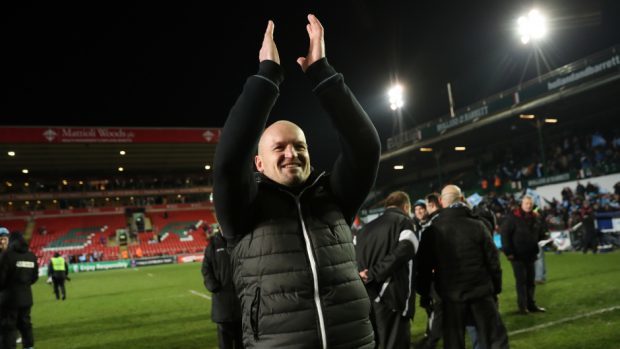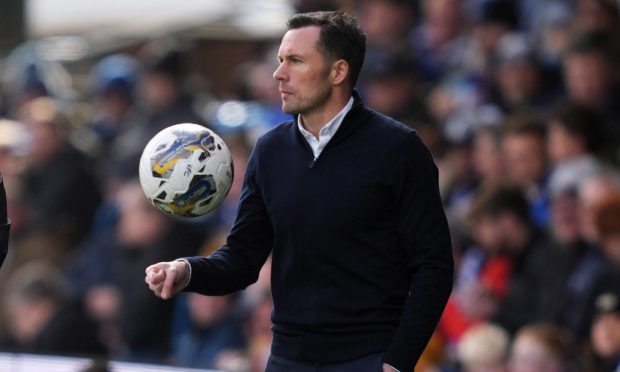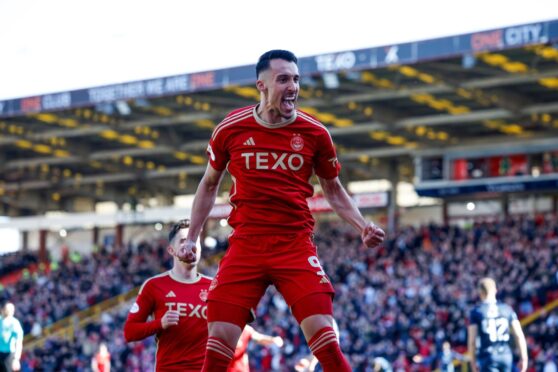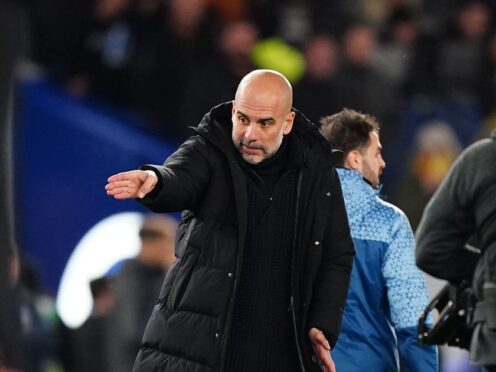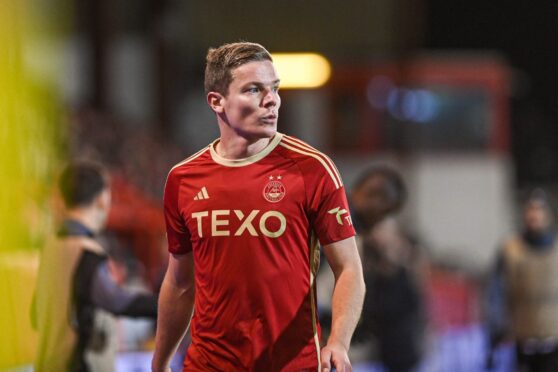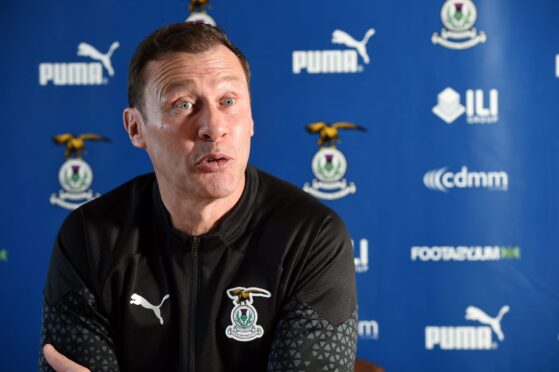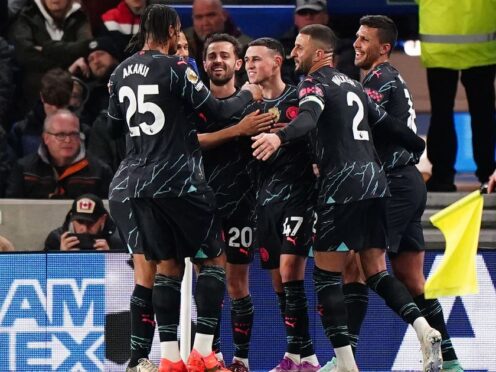It’s that time of year when rugby aficionados start thinking about the lip-smacking prospect of the Six Nations Championship looming on the horizon.
And, if the authorities continue with their current plans, Gregor Townsend’s squad will travel to London in just four weeks to prepare for their Calcutta Cup clash with England at Twickenham; a venue where they haven’t tasted victory since 1983.
I’ve relished this event for more than 40 years, back to the time when there were only five teams in the mix and the likes of Andy Irvine, Gareth Edwards, Willie John McBride, Serge Blanco and Bill Beaumont paraded their diverse talents to packed crowds, even as the sport remained a resolutely amateur pursuit.
In these days, the Welsh used to journey up from the valleys in their thousands, with or without tickets, and the Irish made the short trip from Dublin and Belfast to central Scotland, even at the height of the Troubles. Back in 1990, my former paper even produced a special French edition to cater for the plethora of Gallic supporters who always managed to smuggle a cockerel or seven into the Scottish capital.
This isn’t some dewy-eyed stroll down Memory Lane. On the contrary, while there were some great games and fabulous forays, we also sat through plenty of contests which numbed the senses and were textbook exercises in tedium. But the championship offered a joyful symbiosis between the players and fans from both sides. And it was impossible at that stage to conceive of matches being held in empty stadiums.
Yet that is exactly what will unfold in the next couple of months if – and it’s a big if – the competition does not fall victim to the latest surge in COVID-19 cases, hospital admissions and more than 1,000 deaths we are witnessing every day in the UK.
I’ve heard all the arguments about why sporting events should continue, and how they provide a morale boost to supporters who are stuck at home in depressing circumstances. I can grasp why the governments, both at Westminster, Cardiff and Holyrood – and elsewhere in Europe – have decided to make exemptions in football, rugby and other professional pastimes, despite regular breaches of the regulations.
But let’s get serious here. There won’t be any crowds for at least the first two rounds of the Six Nations on the weekends of February 6-7 and 13-14, and the bars won’t be open either. One former Scotland player told me at the weekend he couldn’t envisage any amount of protocols justifying a tournament with the potential for large squads travelling to and from France, Italy and Ireland in the midst of a grievous pandemic.
The counter-argument that there were plenty of rugby Tests last autumn doesn’t cut any ice. Quite apart from the rotten treatment of Fiji – who were on the receiving end of several 28-0 defeats without even taking the field – these fixtures were played when the number of COVID cases seemed to be diminishing at quite a rapid rate. The pubs were still available to fans prepared to engage in social distancing. And yet, when England scraped home in extra time against France in the final, who really cared?
It was little more than a PR exercise in keeping some sort of show on the road. Maybe that was enough in what were pretty much glorified friendlies.
But, in terms of showcasing the Six Nations as the shining jewel in rugby’s international firmament, it seems absurd to pretend the Calcutta Cup game will mean as much as it normally does when it takes place in a silent, sepulchral setting, entirely devoid of the partisan mass of bias which surrounds these always combative encounters.
The cynics may respond that the Scots could actually benefit from performing in a deserted arena, minus the raucous racket of Swing Low Sweet Chariot. Yet, in a climate where the Tokyo Olympics – in July – are already under serious threat, and where an increasing number of rugby (and football) matches are being affected by COVID, it seems perverse to continue with the current schedule.
It has already become pretty clear that the proposed British and Irish Lions tour to South Africa won’t take place this summer, with organisers drafting alternative arrangements for the series to take place in Britain and Ireland.
But, considering a vaccine is being rolled out, wouldn’t it be far more sensible to switch the Six Nations to May or June and delay or cancel the Lions tour? After all, how can you call something a tour when you’re not going anywhere?
We aren’t far from reaching a critical mass in the battle with the pandemic. Sport might discover that it has to face a new shutdown in the weeks ahead.
Surely it would be preferable to accept that scenario and be ready for it. The Six Nations is a wonderful piece of sporting theatre. But not without an audience.
